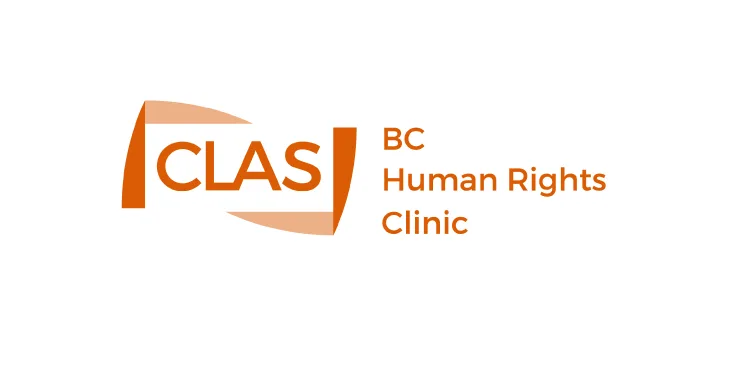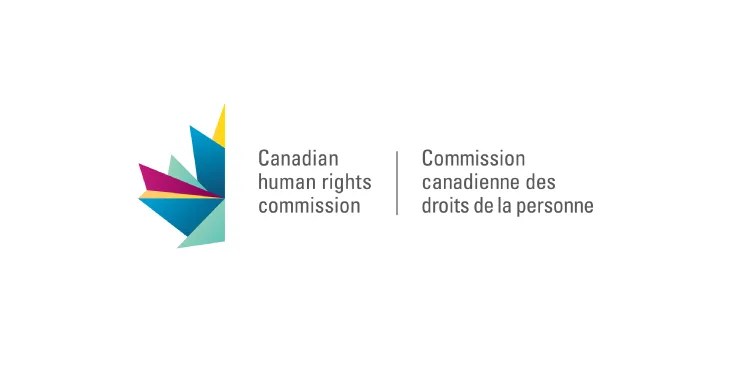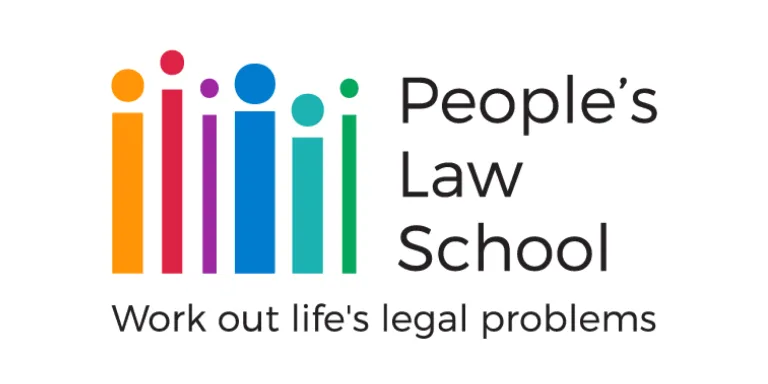The employer's duty to accommodate

The requirements of a workplace can affect different workers differently. When a protected personal characteristic is involved (such as age or religion or disability), employers must do what they can to accommodate these differences. This is called the duty to accommodate.
What you should know
The duty to accommodate is connected to the laws against discrimination in the workplace. An employer must not discriminate against you based on certain parts of your personal identity.
These are:
your race, colour, ancestry, or where you're from
your Indigenous identity
your sex, sexual orientation, or gender identity or expression
any physical or mental disability
your religion or political belief
your marital or family status
your age
any criminal convictions that are unrelated to the job
The law calls these protected characteristics. You can’t be treated badly or unfairly in the workplace based on a protected characteristic. If you are, you’ve experienced discrimination.
The requirements of a workplace might pose more problems for some workers than others. For example, the requirement to work a regular work week severely inconveniences a worker whose religion has holy days that fall on a weekday.
When a protected personal characteristic is involved (such as religion), employers must do what they can to adjust. This duty to accommodate helps ensure everyone is treated equally.
What accommodation looks like varies, depending on the circumstances. These include your specific needs, medical evidence, and cost of the accommodation. Your employer might have to:
modify your work area because you have a disability
let you take a leave of absence to get treatment for an addiction
change your job duties to ones you are able to perform
Accommodation is a two-way street. If you ask your employer to accommodate you, you have a duty to cooperate with them.
Your employer may need some information from you to understand your needs. For example, they may need to know more about your health or your religious practices. The more reliable information you can give, the more effective your accommodation will be.
At the same time, you only need to respond to reasonable requests for information. Your employer doesn’t need to know (for example) your specific diagnosis or disability. They need enough information to know how it affects your ability to do the essential tasks of your job, and what modifications you require.
Your employer’s duty to accommodate you isn’t limitless. It extends only to the point where the accommodation starts causing them undue hardship. The perfect solution isn’t required. In considering what is undue hardship, factors include:
the financial cost to your employer
health and safety risks
the size and flexibility of the workplace
the impact on the rights and interests of other workers
The standard for undue hardship is high. Mere inconvenience or disruption isn’t enough for an employer to skirt the accommodation rules. The employer must show that they would suffer serious consequences if they accommodated you any further.
Take action
Here are steps to ask your employer to accommodate your needs.
Step 1. Ask your employer for accommodation
Step 2. Gather information for your employer
Step 3. Consider making a human rights claim
Step 1. Ask your employer for accommodation
If requirements of your workplace have a negative effect on any protected personal characteristic, speak up. Suggest accommodations that could make things better for you. Put your request in writing.
Step 2. Gather information for your employer
Your employer may ask you for information to help them accommodate you. Do your best to respond to a reasonable request from your employer. Otherwise, you may not get the accommodation that's best for your needs.
Keep in mind that you’re not entitled to the specific accommodation you want. Your employer only needs to provide you with a reasonable accommodation.
Step 3. Consider making a human rights claim
If your employer refuses to accommodate you, or fails to provide you with a reasonable accommodation, you may have a claim against them for discrimination. In BC, discrimination claims are heard by the BC Human Rights Tribunal.
We have information on the steps to file a human rights complaint. See our page on making a human rights complaint.
We also have more on the employer’s duty to accommodate. See our in-depth coverage of this topic.
Who can help

BC Human Rights Tribunal
Receives and resolves discrimination complaints under BC law.

BC Human Rights Clinic
Provides free assistance and representation to those who qualify for help with a discrimination complaint under BC law.

Canadian Human Rights Commission
Deals with discrimination complaints under federal human rights law.

BC Legal Referral Service
Helps you connect with a lawyer, notary or paralegal for a free 15- to 30-minute consult to see if you want to hire them.

Access Pro Bono's Legal Advice Clinics
Volunteer lawyers provide 30 minutes of free legal advice to people with low or modest income.
This information from People’s Law School explains in a general way the law that applies in British Columbia, Canada. The information is not intended as legal advice. See our disclaimer.
Related
On Dial-A-Law
Dial-A-Law has more information on Rights at work in the section on Work.

